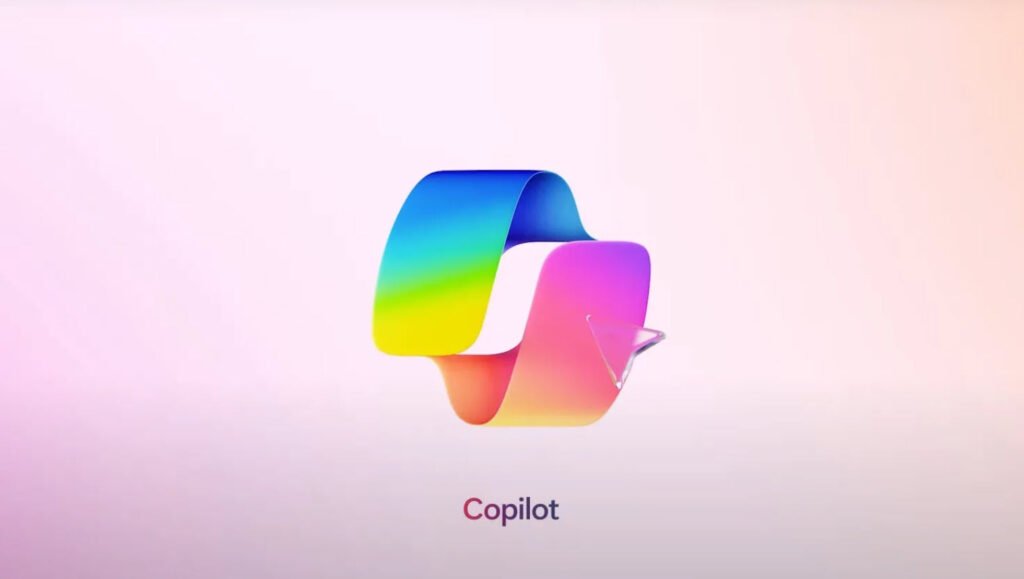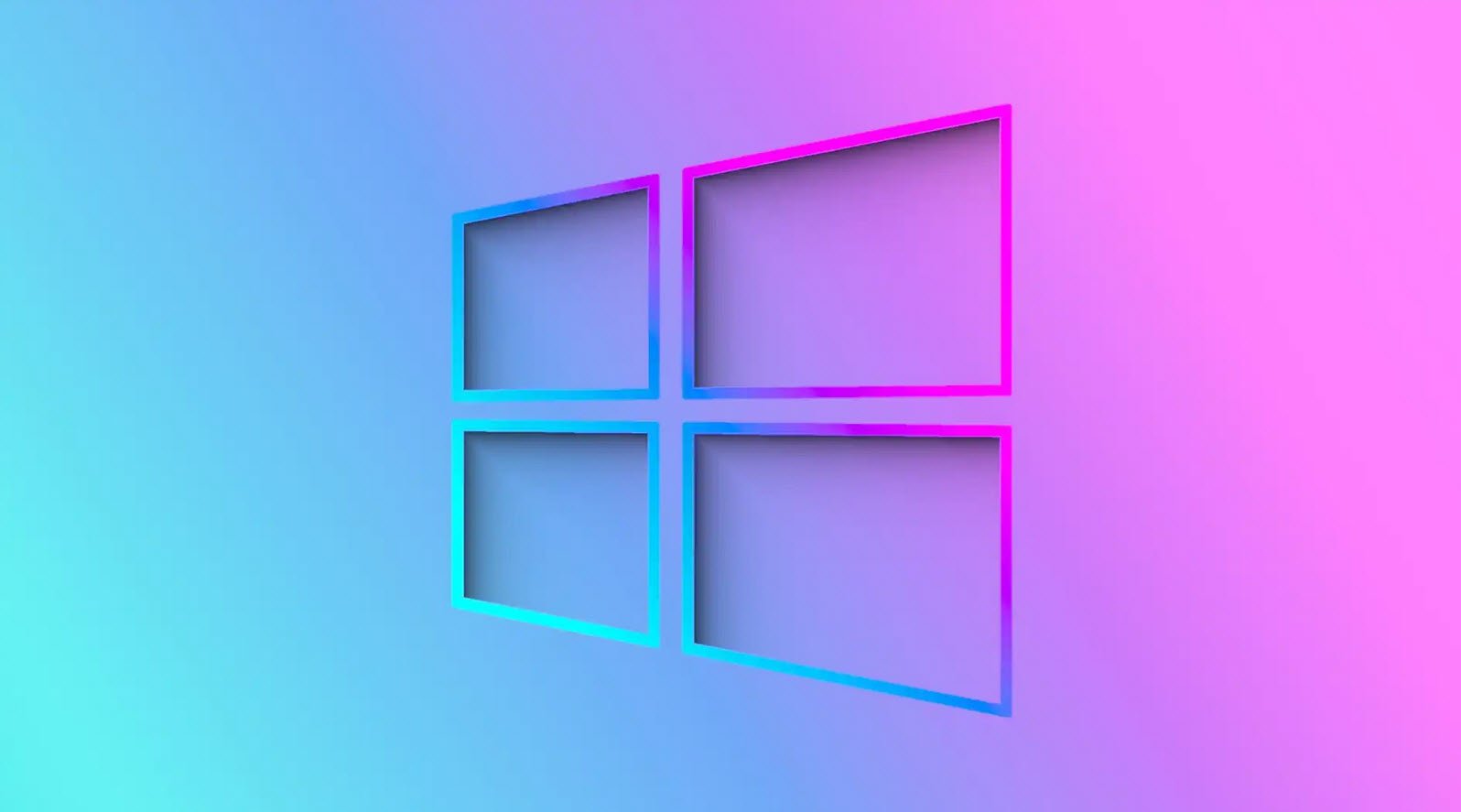
The U.S. House of Representatives has imposed a stringent ban on the use of Microsoft’s AI-based chatbot, Copilot, by congressional staffers. This move is seen as the latest effort by the federal government to navigate the complex landscape of AI utilization internally while concurrently crafting regulations for this rapidly evolving technology.
In June last year, the House had already restricted staffers’ use of ChatGPT, another AI-based system, permitting limited use of the paid subscription version while prohibiting the free version.
The ban on Microsoft Copilot was announced by the House’s Chief Administrative Officer, Catherine Szpindor. In her guidance to congressional offices, she stated that Microsoft Copilot is “unauthorized for House use.”
"House Chief Administrative Officer Catherine Szpindor sent a memo to all Congress personnel telling them that the AI chatbot is prohibited from use of government-owned devices "due to the threat of leaking House data to non-House approved cloud services.” Consequently, Copilot…
— Tired of being politically correct (@USBornNRaised) March 30, 2024
The Office of Cybersecurity deemed the Microsoft Copilot application a risk to users due to the potential threat of leaking House data to non-House approved cloud services. As a result, Copilot will be removed from and blocked on all House Windows devices.
Microsoft, on the other hand, is hopeful that the suite of government-oriented tools they plan to roll out this summer will address Congress’ concerns. A Microsoft spokesperson stated, “We recognize that government users have higher security requirements for data. That’s why we announced a roadmap of Microsoft AI tools, like Copilot, that meet federal government security and compliance requirements that we intend to deliver later this year.”
The CAO’s office clarified that the guidance applies to the commercial version of Copilot. However, they will be evaluating the government version when it becomes available and making a determination at that time.
Copilot is Microsoft’s AI-based assistant, built on top of technology from ChatGPT creator OpenAI. Microsoft has released free and paid consumer versions of the software, as well as a variety of paid options for businesses. Microsoft’s Copilot works as a standalone chatbot for the Web and mobile devices, and the paid versions can also work directly within Office apps like Word, Excel, Outlook, and PowerPoint.
The issue facing the House mirrors concerns that companies have faced, with many opting to block access to consumer chatbots like ChatGPT for fear of data leakage. Many businesses are eyeing or purchasing business versions that come with guarantees that data won’t be used to train future models, which opens the risk of data leakage.
You may also like:- How To Fix the Crowdstrike/BSOD Issue in Microsoft Windows
- MICROSOFT is Down Worldwide – Read Full Story
- Windows Showing Blue Screen Of Death Error? Here’s How You Can Fix It
- A Guide to SQL Operations: Selecting, Inserting, Updating, Deleting, Grouping, Ordering, Joining, and Using UNION
- Top 10 Most Common Software Vulnerabilities
- Essential Log Types for Effective SIEM Deployment
- How to Fix the VMware Workstation Error: “Unable to open kernel device ‘.\VMCIDev\VMX'”
- Top 3 Process Monitoring Tools for Malware Analysis
- CVE-2024-6387 – Critical OpenSSH Unauthenticated RCE Flaw ‘regreSSHion’ Exposes Millions of Linux Systems
- 22 Most Widely Used Testing Tools








